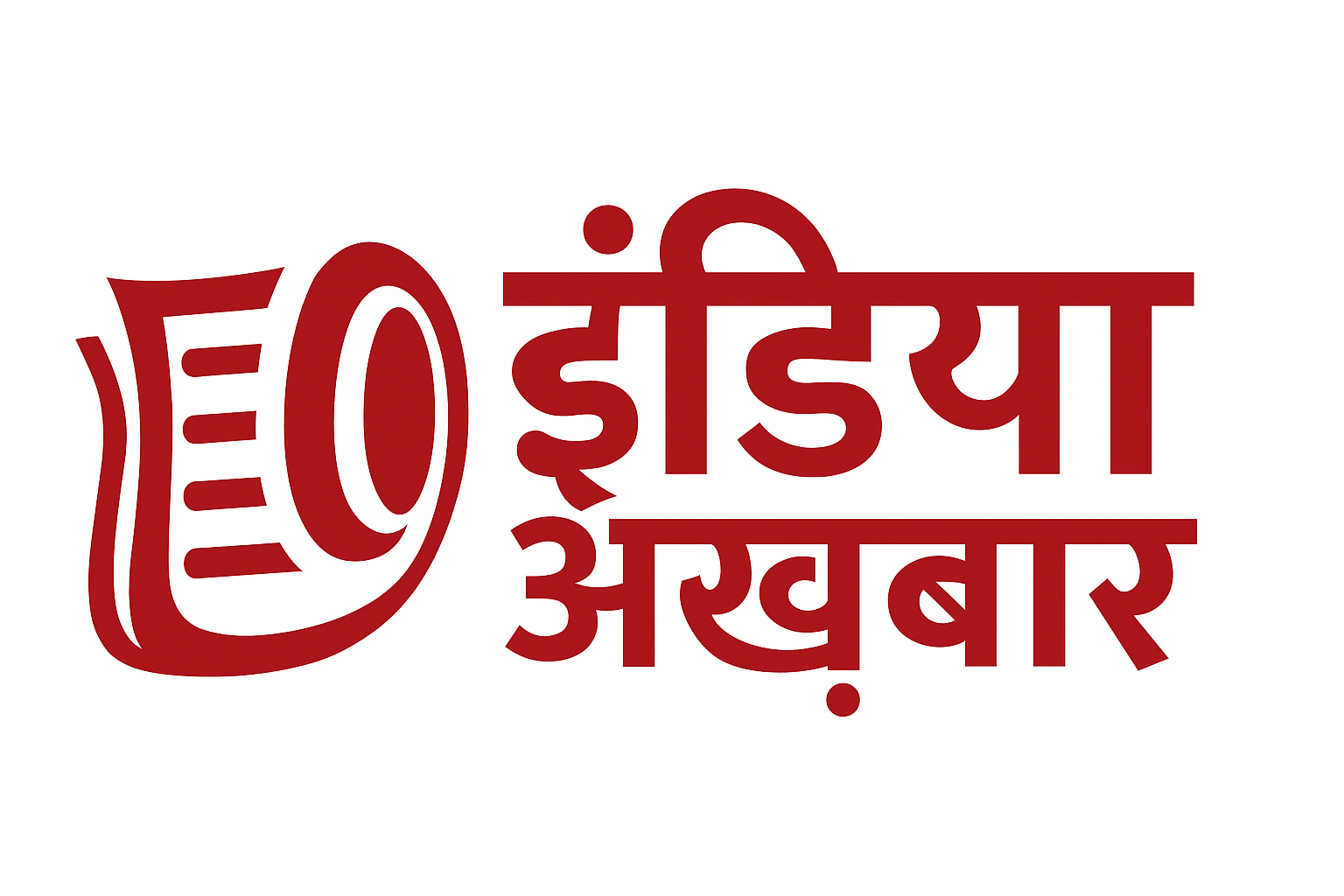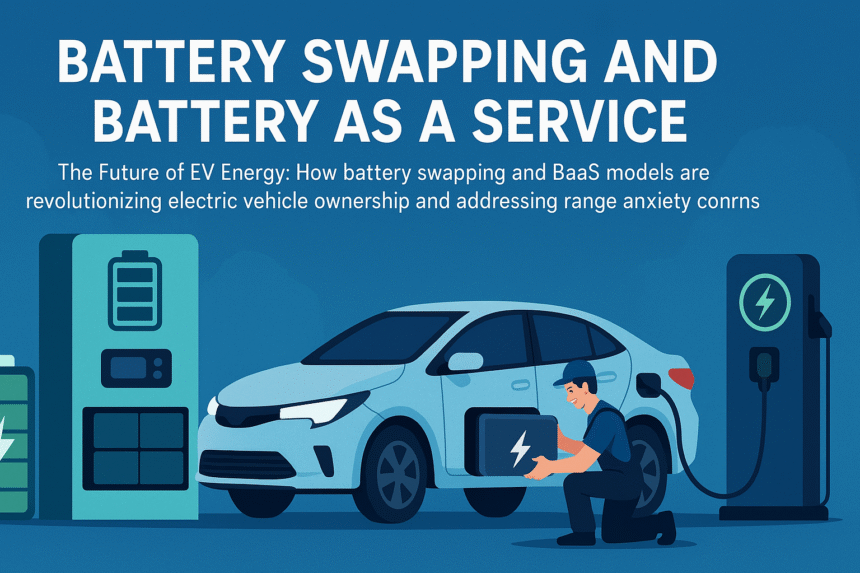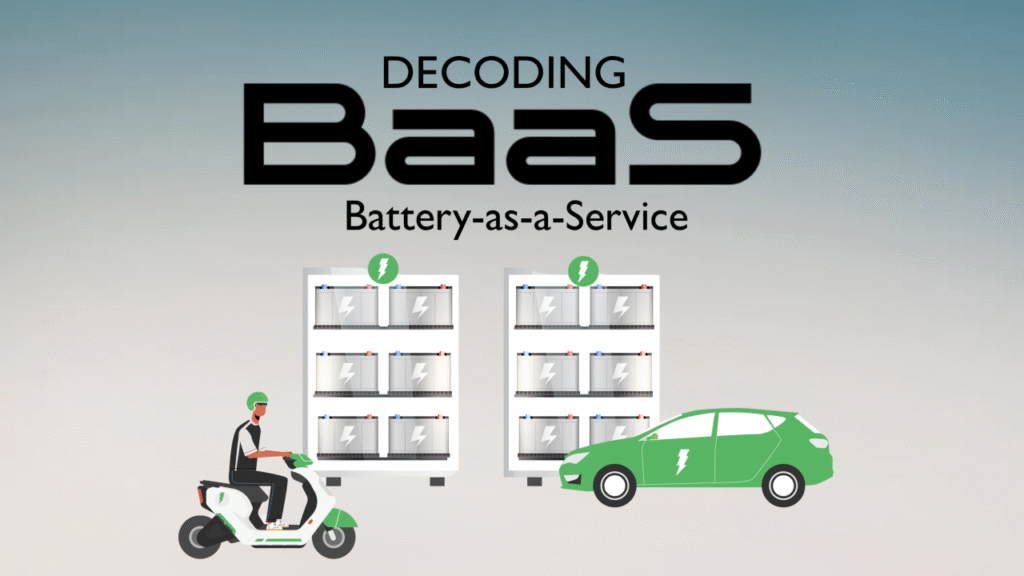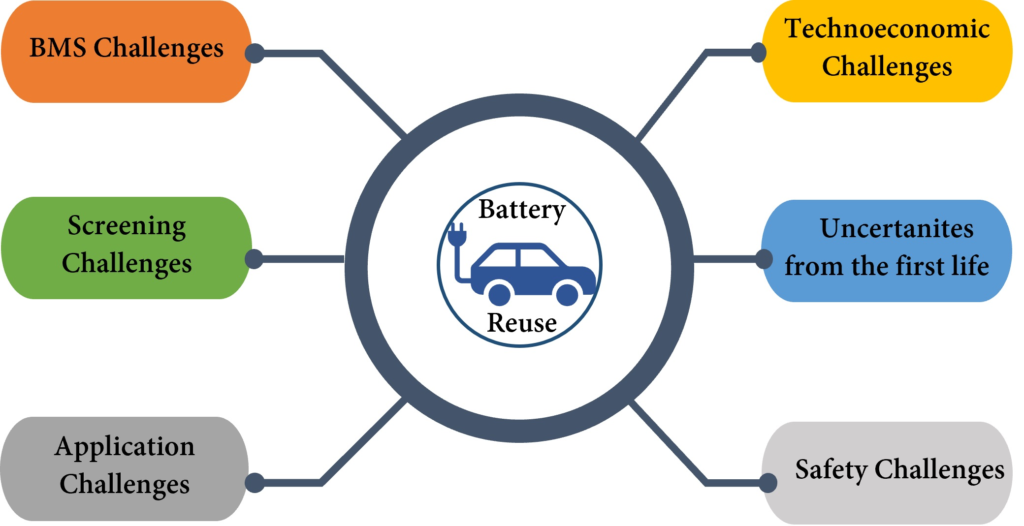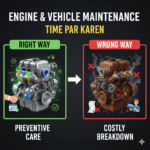Introduction – EV Revolution aur BaaS का आगाज़
आज की urban दुनिया में Electric Vehicles (EVs) सिर्फ eco-friendly option नहीं, बल्कि एक necessity बनते जा रहे हैं। लेकिन EV adoption का सबसे बड़ा challenge है – Battery cost और charging infrastructure। यहीं पर नया concept आता है – Battery as a Service (BaaS)। इसका simple मतलब है – “EV की बैटरी को ownership में लेने के बजाय, उसे service की तरह use करना।” यानी आप सिर्फ energy के लिए pay करेंगे, battery के लिए नहीं।
India जैसे developing country में जहाँ middle-class affordability aur infrastructure दोनों issues हैं, वहाँ BaaS model EV adoption को speed दे सकता है। इस blog में हम detail में समझेंगे कि BaaS kya hai, कैसे काम करता है, इसके फायदे-नुकसान क्या हैं, aur India में इसका future कैसा दिखता है।
BaaS क्या है? – The Concept Explained
Battery as a Service (BaaS) एक ऐसा subscription / rental based model है जहाँ EV buyer को गाड़ी के साथ battery खरीदने की ज़रूरत नहीं होती। Instead, वो एक service provider से battery lease करता है।
Example – मान लीजिए आप एक electric scooter खरीदते हैं। Traditional model में आपको scooter + battery दोनों खरीदनी पड़ती। लेकिन BaaS model में आप सिर्फ scooter खरीदेंगे aur battery को subscription model पर लेंगे।
इससे क्या होगा? Vehicle का upfront cost कम हो जाएगा aur आप केवल उतना ही pay करेंगे जितना battery usage करेंगे।
कैसे काम करता है BaaS Model?
- Step 1: User EV खरीदता है बिना battery के।
- Step 2: एक battery service provider (जैसे Sun Mobility, Gogoro, या Ola Electric) से subscription लेता है।
- Step 3: जब battery discharge हो जाती है, user charging station जाने की बजाय swap station पर जाता है।
- Step 4: पुरानी battery निकालकर तुरंत नई charged battery मिल जाती है।
- Step 5: Monthly / per km / per swap basis पर payment होता है।
यह model petrol भरवाने जितना simple है। और urban cities जैसे Delhi, Bangalore, Mumbai में ये काफी तेजी से adopt किया जा सकता है।
Benefits of BaaS – क्यों ये model Urban EVs के लिए perfect है?
1. Low Upfront Cost
EV buyers का सबसे बड़ा concern है – battery का cost। अक्सर battery ही total EV cost का 30-40% होती है। BaaS में ये upfront burden हट जाता है।
2. Fast Refueling (Battery Swapping)
Charging station पर घंटों इंतज़ार करने के बजाय, swapping में सिर्फ 2-3 मिनट लगते हैं। यह petrol भरवाने जितना आसान हो जाता है।
3. Flexibility & Convenience
Users अपनी जरूरत के हिसाब से subscription plan choose कर सकते हैं – daily, monthly, या pay-per-use।
4. Battery Maintenance Tension-Free
Battery degrade होना एक natural process है। BaaS model में ये risk provider का होता है, न कि user का।
5. Urban Infrastructure के लिए Best
Metro cities में parking और charging space दोनों issues हैं। Swapping model में small kiosks लगाकर network बनाना easy है।
Challenges in BaaS Model
1. Standardization Issue
हर EV manufacturer का battery design अलग होता है। Uniform standards न होने से swapping network बनाना मुश्किल है।
2. High Initial Investment
BaaS providers को nationwide battery-swapping infra create करने में huge capital लगाना पड़ेगा।
3. Consumer Trust
Indian consumers अभी भी “own करने” में विश्वास रखते हैं। Battery को सिर्फ rent पर लेना mindset shift माँगता है।
4. Policy & Regulation
Government guidelines, safety norms aur subsidy clarity की कमी भी adoption slow कर सकती है।
Global Examples – India क्या सीख सकता है?
- Gogoro (Taiwan): Scooters + swap stations model ने पूरे Taiwan को EV hub बना दिया।
- Nio (China): Premium electric cars के लिए battery swap stations successfully run हो रहे हैं।
- Sun Mobility (India): Already Bengaluru और Delhi में pilot projects launch कर चुका है।
Indian Market में BaaS का Future
India में EV market 2030 तक 70 लाख से ज्यादा annual sales cross कर सकता है। BaaS adoption इस growth को accelerate करेगा।
Urban EVs – जैसे scooters, autorickshaws और delivery vehicles – के लिए ये सबसे suitable है। Ola Electric और Bounce जैसे startups पहले से ही swapping infra create कर रहे हैं।
अगर सरकार battery standardization aur swapping infra में subsidies देती है, तो आने वाले 5-7 साल में BaaS mainstream बन सकता है।
Investors aur Startups के लिए Opportunities
BaaS सिर्फ EV buyers के लिए ही नहीं, investors और startups के लिए भी golden opportunity है:
- Battery leasing companies
- Swap station infra providers
- Subscription based fintech models
- Renewable energy linked battery charging hubs
Conclusion – Energy for All, Ownership for None
Battery as a Service(BaaS) model urban India के लिए एक game-changer हो सकता है। ये न सिर्फ EV adoption को accelerate करेगा, बल्कि sustainable urban mobility का रास्ता भी खोलेगा। Imagine कीजिए – future में petrol pumps की जगह battery swap stations होंगे aur लोग गाड़ियों में “battery own” नहीं करेंगे, बल्कि सिर्फ energy use करेंगे।
यानी सच में – “Paying for Energy, Not the Vehicle.”
FAQs – Battery as a Service (BaaS) for Urban EVs
Q1: BaaS model EV buyers के लिए क्यों beneficial है?
क्योंकि इससे vehicle का upfront cost काफी कम हो जाता है और user को battery maintenance की tension नहीं रहती।
Q2: क्या India में battery swapping infra available है?
हाँ, Sun Mobility, Ola Electric और Bounce जैसे startups कुछ cities में pilot projects चला रहे हैं।
Q3: क्या BaaS सिर्फ scooters और 3-wheelers के लिए है?
अभी urban market में scooters, e-rickshaws और delivery EVs के लिए ज्यादा suitable है, लेकिन future में cars तक expand हो सकता है।
Q4: क्या battery की quality पर compromise होगा?
नहीं, क्योंकि service providers regularly battery health monitor करते हैं aur faulty batteries को replace करते हैं।
Q5: India में Battery as a Service (BaaS) adoption का future कैसा है?
बहुत bright – especially अगर government subsidy aur standardization policies को strongly implement करती है।
Read More :- Player Mental Health Programs in Domestic Cricket: Case Studies and Best Practices
ReadMore:- Bangladesh vs Sri Lanka – रोमांचक मुकाबला, स्कोरकार्ड, हाइलाइट्स और एनालिसिस!

